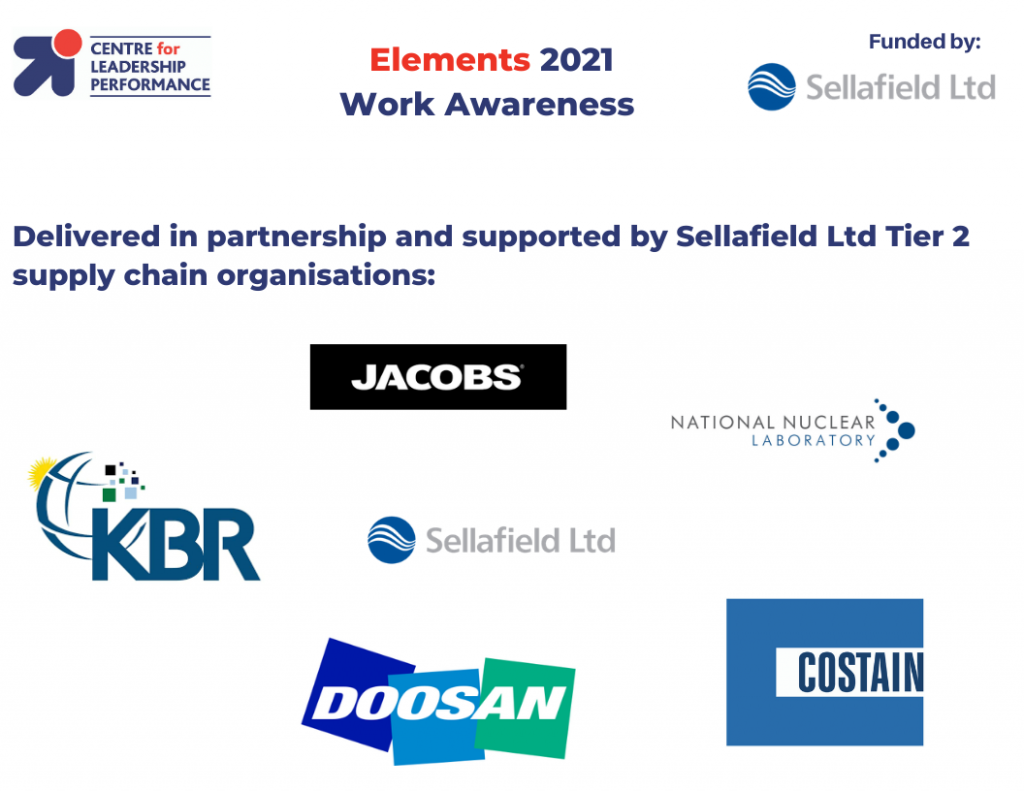Energy Coast UTC Students took part in an Elements Work Awareness week in March 2021
The Brief
In 2035 petrol powered cars will no longer be sold in the UK, from which point the electric car will become the most common means of personal transport. West Cumbria currently has one of the lowest level of charge-points in the UK. While it is expected many people will charge their car at home, the above average distances people commute to work in West Cumbria means that external charging will be essential and regular filling stations may not be able to meet this demand. Having charge-points at work may help meet this demand. If businesses are able to generate, store and provide electrical energy to cars on-site then this provides an ideal solution by ensuring the electricity is generated through zero-carbon means, reducing reliance on the national grid, increasing the reputation of the business, potentially providing extra revenue for the business.
The brief was for the teams to design a system for workplaces (offices/factories) that generates renewable electricity and delivers the energy when needed to employees’ cars.
The students were asked to include or consider in their solution:


What solutions did the teams come up with?
Team 1
Team 1 looked at wind turbines and solar panels as the renewable energy source. Their solution installed charging points at service/fuel stations and had electric cars manufactured with dual batteries to ensure they had sufficient charge to get them between charging points.
Team 2
Team 2’s solution used hydro electricity to create power that would be stored in batteries for use in wireless charging points.
Team 3
Team 3’s solution powered the charging points through wind turbines and solar energy, with solar panels over the parking spaces where the cars would be charged and a wind turbine used to make up any shortfall in power supply.
Create an account with us and receive latest opportunities and information tailored to your specific needs directly to your inbox.